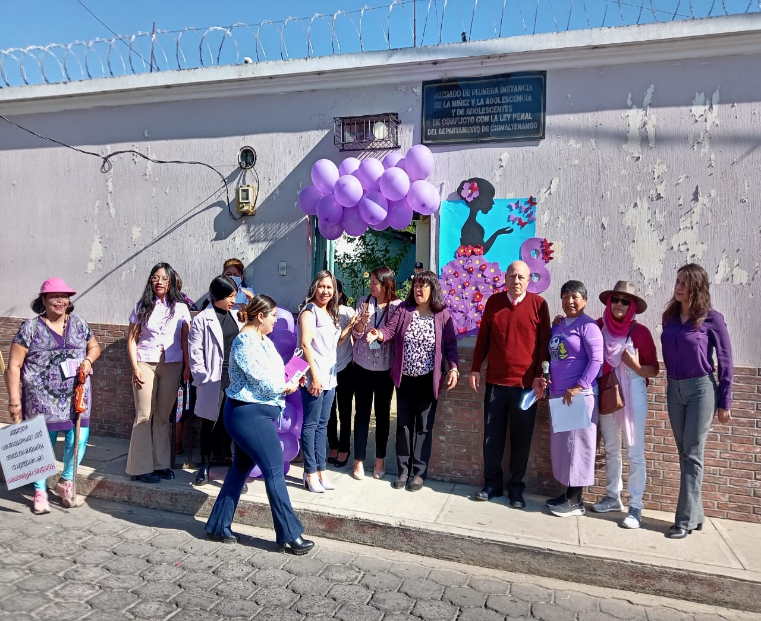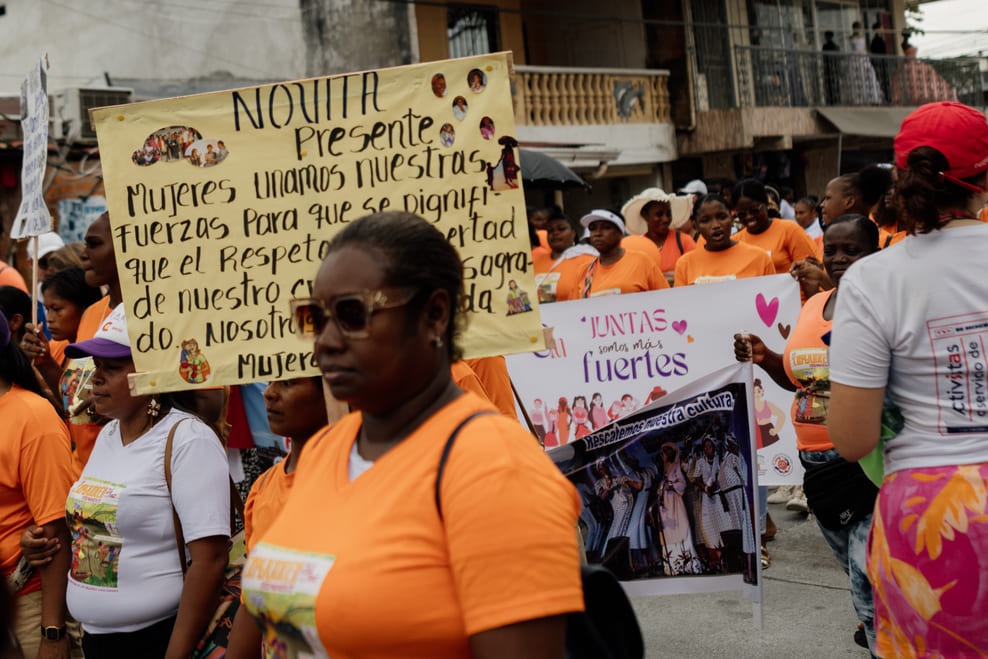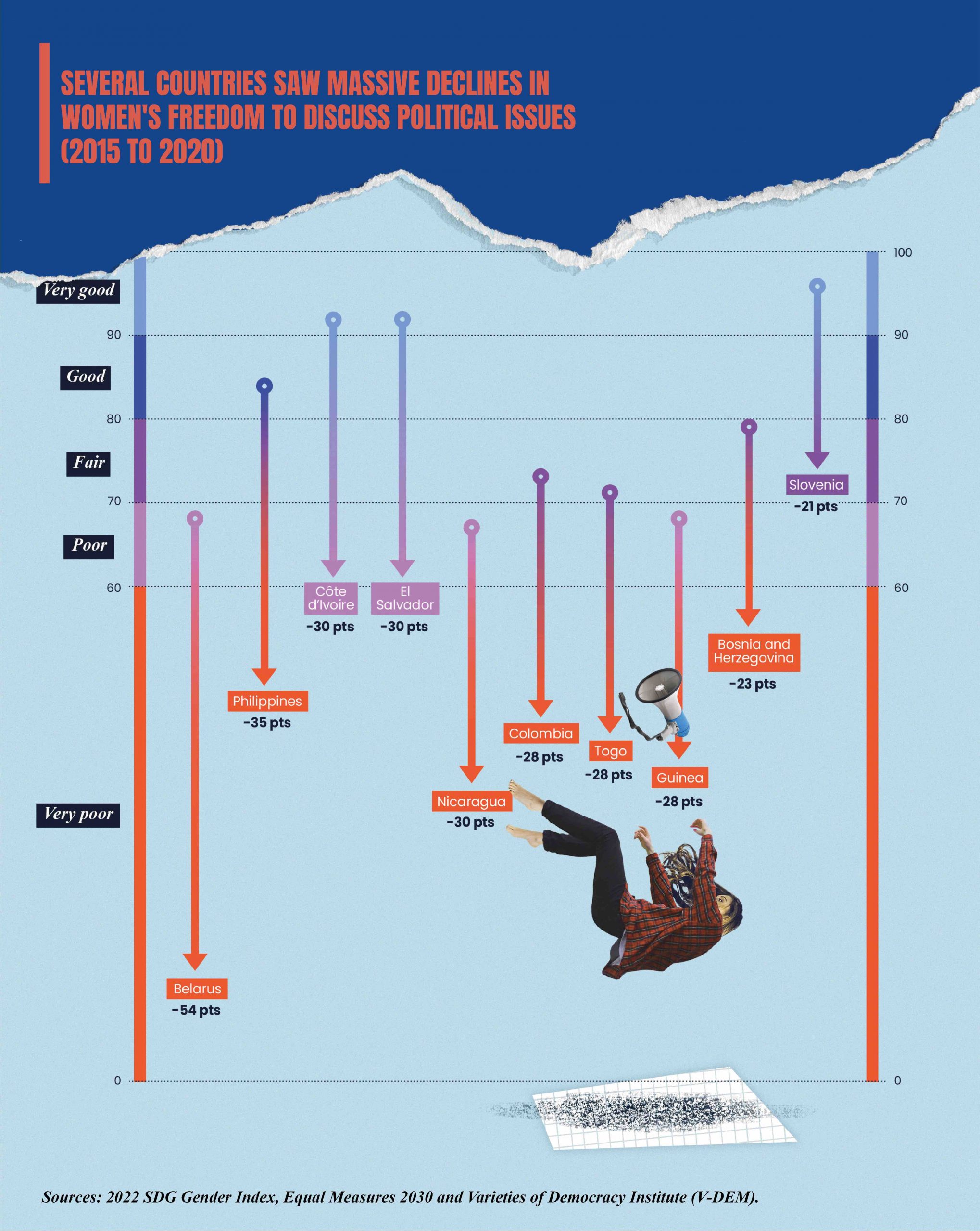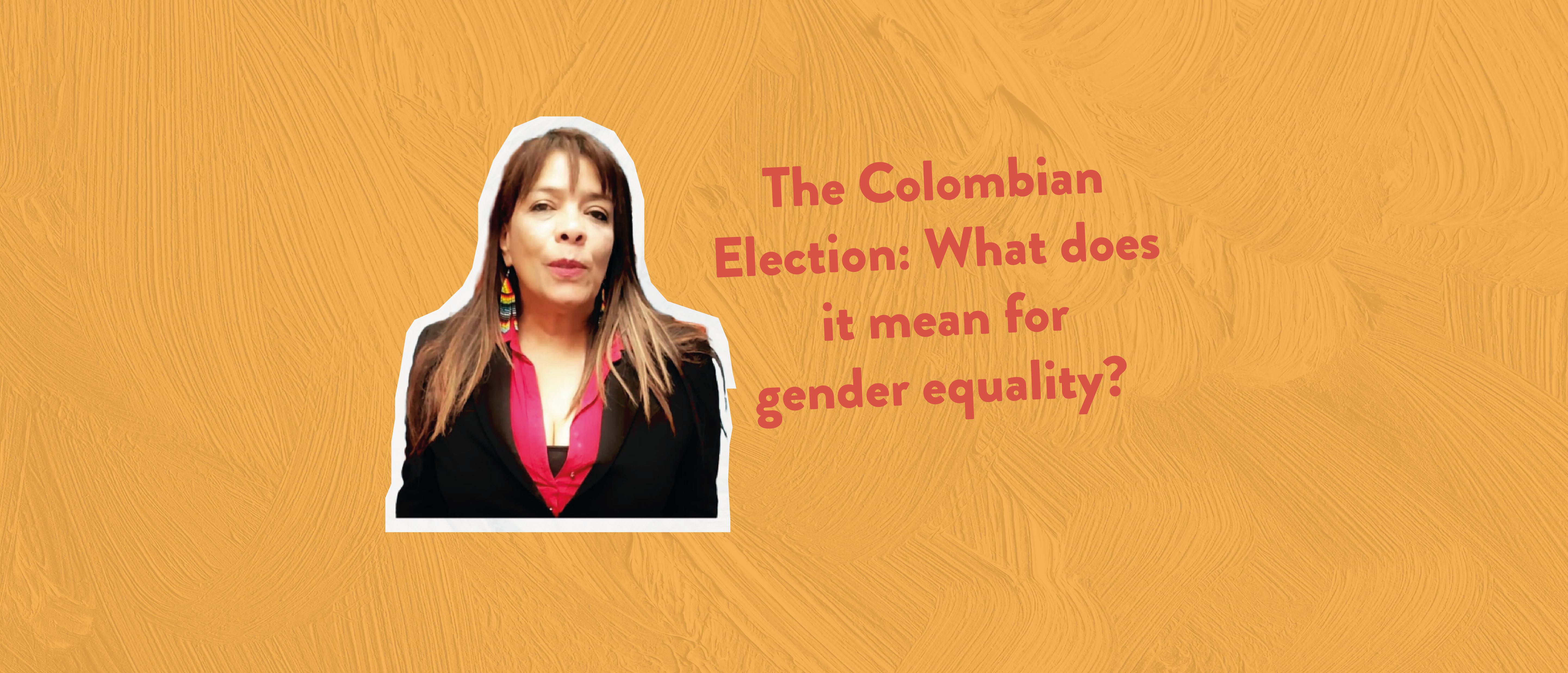Written in conversation with Danessa Luna, Executive Director, Asociación Generando Equidad, Liderazgo y Oportunidades (ASOGEN)
In Guatemala, a country marked by violence, corruption, and inequality, the Asociación Generando Equidad, Liderazgo y Oportunidades (ASOGEN) stands as a steadfast ally in the fight against gender-based violence. In this series of articles, we explore emblematic cases of feminist mobilizations in the region, highlighting their achievements and challenges. In the previous article, we focused on our coalition member Ruta Pacífica in Colombia. In this new piece, we focus on ASOGEN, which works tirelessly to support victims and raise awareness about the need for structural changes. The movements organized by ASOGEN not only highlight the demands for justice and equity but also strengthen solidarity among Guatemalan women. The resilience and hope are palpable in every action led by ASOGEN, profoundly impacting the community and pushing towards a more just and secure future.
The fight against gender-based violence in Guatemala
Guatemala is a country facing numerous challenges, including high levels of violence, corruption, and inequality. The country ranks very low and scores poorly on many indicators in our 2022 SDG Gender Index. Gang violence, mass migration to Mexico and the United States, and the lack of access to job opportunities are part of this challenging context. Additionally, deeply ingrained cultural norms and a conservative environment further hinder the struggle for women’s rights. Traditional gender expectations and prevailing machismo create additional barriers for women seeking justice and equity.
Despite these barriers, organizations like ASOGEN continue their fight against violence towards women in Guatemala. They operate in two main departments: Chimaltenango and Sacatepéquez (in the centre), providing legal and psychosocial support to victims of violence and working on advocacy at the national level.
The path of hope and justice

ASOGEN at the starting point of the march. Photo credits: ASOGEN
On March 8, ASOGEN organized a mobilization in Guatemala that began in front of the juvenile court and ended at the National Civil Police commissioner, where they presented a petition.
One of the highlights of the mobilization was when the judge emphasized the importance of reporting and preventing violence against adolescents and girls, a message that resonated deeply among the participants and became a call to action for the entire community.
One activist passionately shared: “For the life, security, and rights of women, we will continue walking and demanding that these rights be freely exercised by all, for them, for us, and for others we will keep walking.”
Representatives of ASOGEN expressed their satisfaction with the event’s impact, highlighting how it strengthened solidarity among women and increased public awareness about gender violence and the need for structural changes in Guatemala.
A new President, a new commitment
The arrival of a new president, Bernardo Arévalo, has brought a ray of hope for women’s rights organizations in Guatemala. Supported by social movements, Arévalo has committed to listening to and addressing demands for justice and equity. This change in leadership is seen as an opportunity to advance key issues and work towards a more just future.
An example of this commitment was demonstrated on March 8, when President Arévalo, accompanied by Vice President Karin Herrera, publicly apologized on behalf of the Guatemalan state for the death of Claudina Isabel Velásquez Paiz, a tragic case of violence and state negligence that occurred in August 2005. This act complied with a ruling from the Inter-American Court of Human Rights and represented a commitment to justice and reparation for victims of human rights violations.
Looking to the future: the struggle continues
Despite the advances, many problems remain unresolved. ASOGEN and its allies are determined to continue their struggle. They plan to hold future mobilizations and advocacy activities to maintain pressure on the government and ensure that promises translate into concrete actions. The next steps include monitoring the promises made by the authorities, continuing to train women in human rights, and strengthening support networks for victims of violence.
March 8 was not only remembered but lived and fought for. The women of Guatemala, with their bravery and determination, demonstrated that solidarity and collective commitment can transform society. Through their voices and actions, they inspired entire communities to envision and work towards a future where gender equality is a tangible reality, a future where every March 8 is both a celebration of achievements and a reminder of ongoing struggles.
To learn more about the actions on March 8th of another coalition member, Ruta Pacífica, in Colombia, don’t miss our article dedicated to their tireless work for peace and justice.





